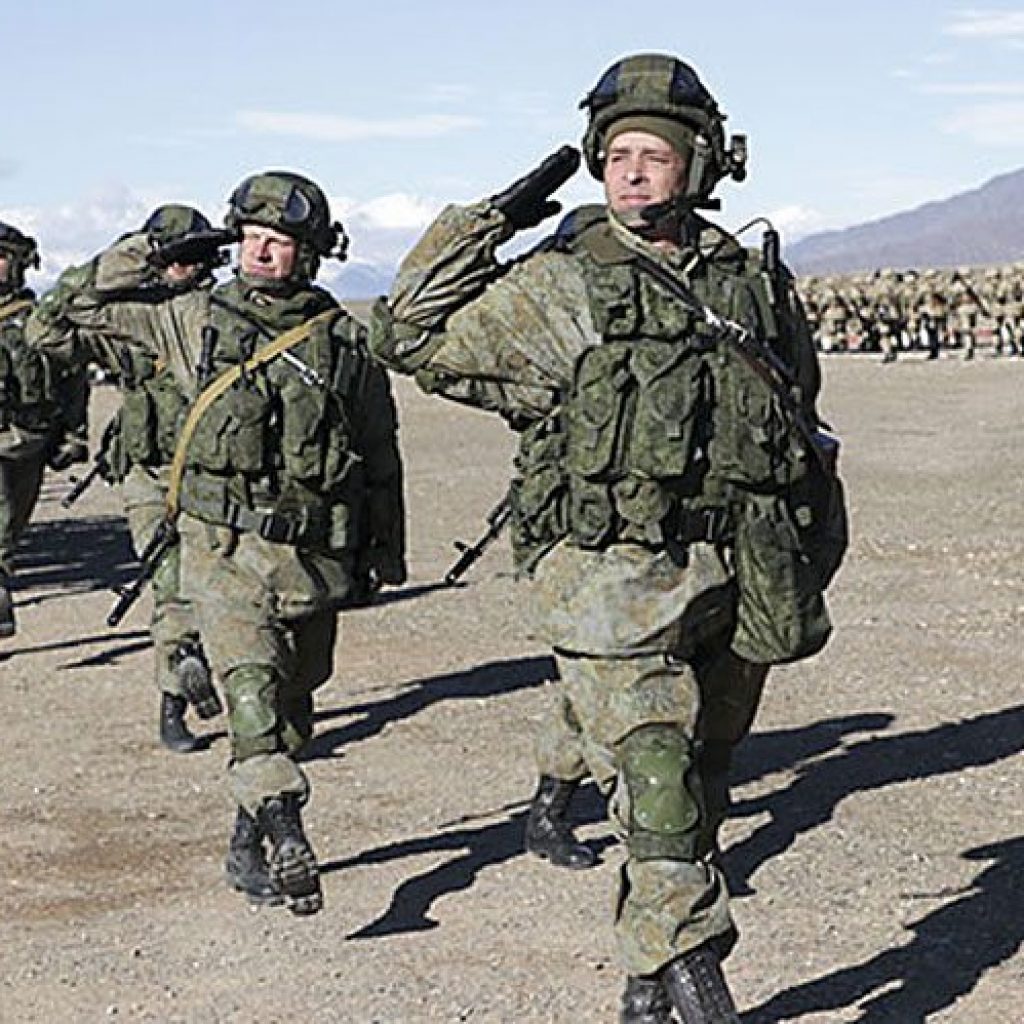RA’s Daily Russia News Blast – May 7, 2020

Today in Russia: Moscow lockdown extended through May 31; 11,231 new cases, a new record; “The Putin regime cracks”; Unemployment surpasses 1.2 million; Russia’s oligarchs “take charge” during COVID-19; New York Times under fire not only from Russian Embassy but also journalists; Virus-infected PM Mishustin attends video meeting; European Commission announces new anti-money laundering initiative; Saakashvili appointed to new post in Ukraine; Russia may have “golden opportunity” in Central Asia as US leaves Afghanistan; US closed-door interview transcripts in Russia interference probe may be released soon.
Moscow extended its lockdown through the end of the month and decreed that masks and gloves be worn on public transit and in shops. Russia added 11,231 new cases, a new daily record bringing the total confirmed cases to 177,160. The Health Ministry said [in Russian] that cases will likely continue to climb through June.
The Putin regime may be cracking. The Moscow Times wrote that, “Vladimir Putin has become increasingly disengaged from routine matters of governing and prefers to delegate most issues.” The article continued, Everything is not going to plan, however. The planned reconfiguration of Russia’s political system has been complicated by the collapse of global oil prices and the unprecedented disruption caused by the coronavirus. The April 22 quasi-referendum to “approve” the constitutional amendments is now on hold while the Kremlin tries to deal with both the virus and a new economic crisis. These twin challenges represent the biggest shock the Putin regime has ever faced and are likely to feed popular dissatisfaction.”
Unemployment surpassed 1.2 million, with 735,000 of these having become unemployed in March and April.
The New York Times wrote that oligarchs are filling in the gaps left by a weakened Russian state, noting “The growing role of business tycoons in the fight against the coronavirus highlights the weaknesses of the state apparatus built by President Vladimir V. Putin.“
The New York Times’ Pulitzer Prize-winning Russia coverage came under heavy fire from the Russian Embassy in Washington, DC. But it’s not just Russian officialdom that is irked by the award. A Russian journalist has said that one of the award-winning reports from the Times was previously reported by his news organization – in English, no less – and received not even a hyperlink in the article acknowledging it. The journalist in question wrote on his Facebook, “F[***] the Pulitzer — I just want a hyperlink.”
Prime Minister Mishustin held a videoconference [in Russian] meeting the Cabinet of Ministers, his first since announcing he tested positive with COVID-19 and was suffering from mild symptoms.
The European Commission announced plans to create a new integrated system to fight money laundering across the bloc. Vedomosti noted [in Russian] that “The decision was made after several European banks have been implicated in large-scale money laundering in recent years, including for customers from Russia.”
Mikhail Saakashvili, former Georgian President and Governor of Odessa was appointed head of the Executive Reform Committee in Ukraine, a major turn in fortune for the former President of Georgia who just a few years ago found himself stateless, losing his Georgian and adopted Ukrainian citizenship before having it restored by Ukraine last year.
Russia is preparing for a new security landscape in Central Asia after the United States withdraws from Afghanistan. The Lowy Institute wrote, “For Russia, the US withdrawal may have served it with a golden opportunity to reconfigure its position in the Central Asian region. Russia sees its security presence in post-Soviet states as a logical conclusion to shared Soviet history, geographical proximity, and unified threats. Russia’s security concerns in the region encompass a variety of factors such as the drug trade, human trafficking, illegal migration, and, above all, terrorism. All these elements are centrally rooted in Afghanistan, which will likely propel Russia to entrench its security involvement with Central Asian states.”
Transcripts from interviews conducted as part of the Mueller probe into Russian interference in the US presidential elections in 2016 may be set for release. CNN wrote, The release of the transcripts turned into a political fight between the Democratic-led House Intelligence Committee and the Trump administration’s Office of the Director of National Intelligence over the declassification of the transcripts and whether the White House could review them…But a committee spokesperson told CNN on Wednesday that the panel was preparing to release the transcripts of the 53 closed-door witness interviews conducted in 2017 and 2018.
PHOTO: Russian troops arrive in Kyrgyzstan to participate in the ISSYK-KUL Anti-Terror CIS exercise, 2018 (Russian Federation/MoD).











